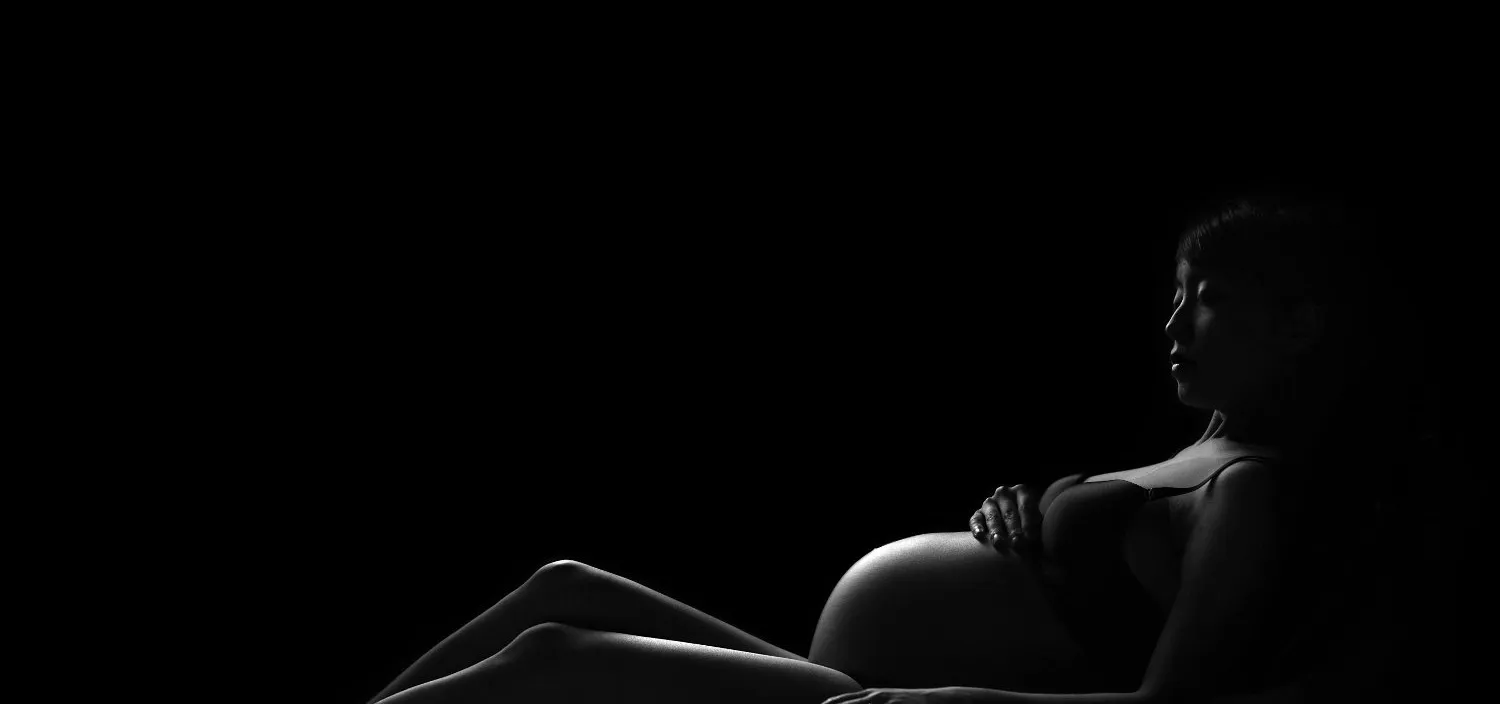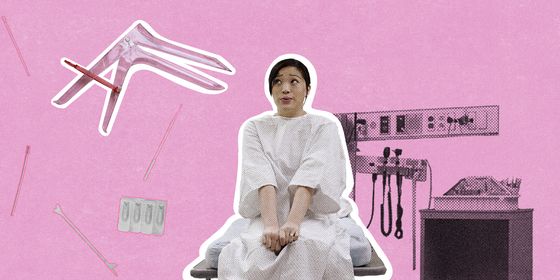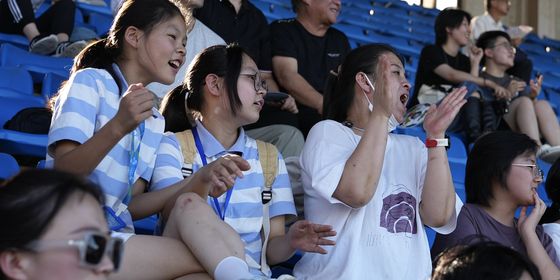Reproductive rights and the medical establishment’s defects are debated by last month’s Shaanxi tragedy
The fate of a 26-year-old woman who leapt five stories to her death in Shaanxi province has sparked a firestorm of protest on China’s internet in recent days, making “Yulin pregnant woman jumps to death” the third highest-trending topic on Weibo by the end of the week.
The tragedy has touched on a whole tinderbox of issues, from attitudes to motherhood to the parlous state of the Chinese healthcare system, its maddening bureaucracy, and worsening doctor-patient relations that are one result.
On August 31, Ma Rongrong, who had been in labor at a branch of Yulin’s No. 1 Hospital, made the decision to kill herself, allegedly after hospital administrators denied multiple requests for a caesarean section to relieve her intense labor pains.
Footage from the hospital shows Ma at one point seemingly begging on her knees in front of her family. The doctors’ version of events is that Ma had signed over rights to make medical decisions to her husband, Yan Zhuangzhuang, and her family had then insisted on a natural birth. According to surgical records released by the hospital, doctors worried that the size of the baby’s head would make a natural birth risky, and had advised on a C-section, but “family members” twice refused the request. Within hours, Ma had killed herself and her unborn child.
Ma’s husband Yan denies these claims, as well as accusations that he was reluctant or unable to afford the extra surgery, saying the family owns “six cave dwellings and a car.” One cousin admitted that Ma did have to repeatedly beg for the family’s eventual consent, but doctors then said she was due to give birth vaginally anyway.
The accusations flew back and forth, and many netizens were surprised when the hospital recently agreed to a confidential settlement. An investigation by the Yulin Health and Family Planning Commission concluded on September 10 with the decision to suspend the head of the branch hospital where Ma was to give birth and the head of the maternity ward, and a recommendation for the hospital to improve its management.
The penalties levied on the hospital, however, caused the issue to blow up in media last week as the public threw its sympathies behind the doctors, given that Ma’s family seemed to have gotten off scott-free. The family has been accused of trying to save face by putting the blame on the staff; some popular comments suggested that it could only have been the family’s heartless indifference to Ma’s pain that would drive her to suicide.
Such support for the doctors is worth noting in a country where distaste for the medical establishment is rife, and the costs of medical care is often beyond the means of those who live in rural areas like Suide county, where the family is from.
But the facts of the tragedy have touched on other deeply sensitive elements, from women’s reproductive rights to the renewed emphasis on “traditional Chinese family values” championed by state organs officially, and increasingly practiced by society anecdotally.
“It is necessary to pay more attention to pregnant women’s feelings, and pay greater respect to their autonomy,” the People’s Daily noted in response to the furore. “We cannot only think about policies and interests.” According to regulations, patients should be allowed to choose their own course of care. Chinese law also stipulates that family members must give permission before doctors make major surgical decisions, presumably where the patient is comatose, sedated, or otherwise incapable.
Legal experts disagree over which rule should have applied in Ma’s case. The Legal Mirror has pointed out that the family signature requirement ought not apply as Ma was conscious and capable of making her own decisions, and the hospital was still guilty of improper management by privileging what’s intended to be an emergency measure over the general autonomy of the patient. It has also been reported that Ma was alone or nearly so at the time she committed suicide, as relatives are typically barred from maternity wards during birth due to fear of infection, and most of the attending staff had rushed off to help another patient.
The political climate also plays a role: In recent years, the government has called for a revival of Confucian values and urged women to “go home and live well”—values that mean husbands (and in-laws) may wield more power than expectant mothers in Chinese maternity wards.
Arguments over Caesarian section are one way in which these values can prevail. Since the relaxation of China’s Family Planning Policy, the government has pushed for higher birthrates—particularly among middle-class families—and officially discouraged the use of elective C-sections, which China once performed at at the highest rate in the world, at 46 percent of births according to a 2010 WHO report.
Some Chinese families, however, believe a child born through C-section is less likely to have deformities; others insist upon them, to ensure that the child’s birthday is auspicious according to the Chinese lunar calendar, or simply because C-sections are a more pleasant alternative to giving birth in open wards without family present and without pain medication (only about 10 percent of mothers receive labor analgesia in China; the Southern Metropolitan Daily reports an expert who puts the figure at 16 percent at Level 3 hospitals and 1 percent at Level 2 hospitals, compared to over 85 percent in the US and over 90 percent in the UK).
There are incentives for doctors, too, in the form of “red envelopes”—illegal but widespread kickbacks, offered by family members—as well as avoiding the extra risks of natural birth: mainland medical professionals operate at constant risk of malpractice suits, criminal charges, and angry families laying siege to hospitals and staff. The central government has ordered armed guards to prevent such attacks, and ratcheted up penalties for offences such as bringing weapons to hospitals, but a 2015 Chinese Medical Doctor Association report said almost 60 percent of staff have received verbal abuse, while 15 percent have been assaulted.
There can be other costs to a C-section besides medical bills and bribes: Due to the presence of healthy microbes in the birth canal, a C-section delivery leads to a higher risk of asthma and obesity in a child’s later life; mothers are also at risk of hemorrhage during the surgery, as well as complications in future pregnancies. And with Beijing now urging more families to consider two children over one, ordering C-sections has become politically riskier in many hospitals.
Much of the debate online has thus raged over how official attitudes toward the use of C-sections, and policies that allow families to overrule women’s bodily autonomy, may have caused Ma’s death. As one commenter scathingly summarized it, “A certain type of system and a certain type of family produced a certain type of tragedy.”
This post has been updated with information from the investigation by the Yulin Health and Family Planning Commission and analysis by legal experts on the autonomy of patients and hospital procedure.












